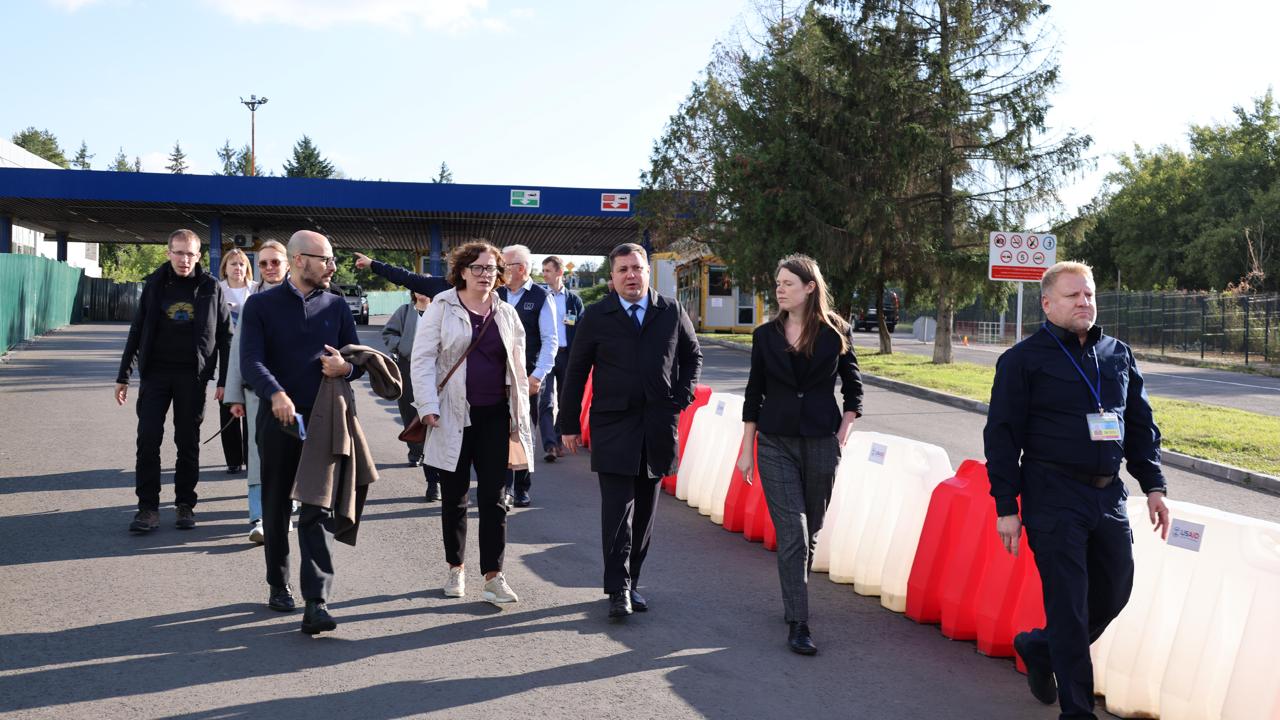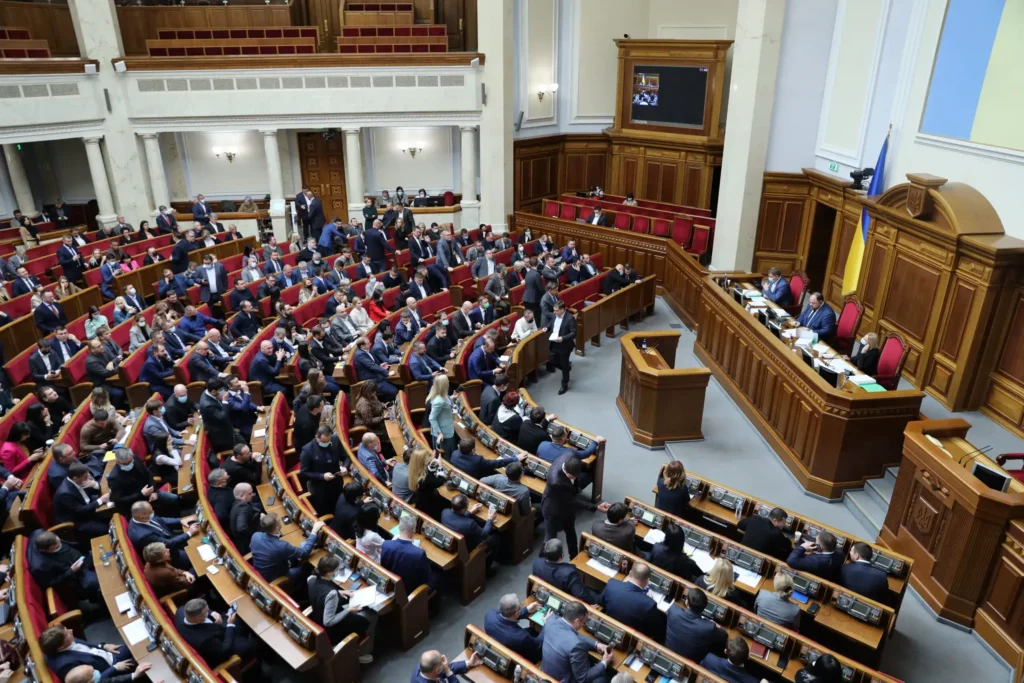Customs integration with the EU: Ukraine has already fulfilled 91% of customs obligations
10 October 2025 14:57
The Ministry of Finance of Ukraine has announced that the country has already fulfilled 91% of its customs obligations under the Association Agreement with the EU. Moreover, according to the European Commission, Ukrainian customs legislation is already 80% compliant with EU standards, "Komersant Ukrainian" reports.
These data were announced during the ninth meeting of the Subcommittee on Customs Cooperation between Ukraine and the European Union.
Why is it important?
Customs integration = the way to the EU. The EU is primarily a customs union, and synchronization of rules opens up access to the internal market.
Transparency and speed. Unified customs procedures reduce the time and cost of border crossing for businesses.
Anti-corruption factor. Automation and electronic data exchange reduce corruption risks in customs.
What has already been done?
Ukraine has implemented the NCTS system for the transit of goods in accordance with European rules.
Electronic exchange of customs information with EU countries has been established.
A successful example of cooperation with Lithuania, which does not even share a common border with Ukraine, was noted.
In September, the mechanism of customs warehouse authorization was implemented for the first time, which is a standard European practice.
What do they say in Kyiv and Brussels?
Vladyslav Suvorov, Deputy Head of the State Customs Service:
“We have already fulfilled 91% of our customs obligations and continue to move towards full technological compatibility with the European customs system.”
Oleksandr Moskalenko, Director of the Customs Policy Department at the Ministry of Finance:
“Ukrainian customs legislation is already 80% compliant with the EU legislation. Our partners note significant progress.”
What problems still remain?
Full compatibility of systems. Ukraine has yet to integrate the European mechanism of pre-arrival exchange of customs information.
Fighting smuggling. The last joint operation with the EU concerned counterfeit pesticides. This is just one of many problem areas.
Political factor. Customs reforms are sensitive: they directly affect business interests and corruption schemes.
The EU-Ukraine Association Agreement came into force in 2017. Since then, customs integration has become one of the key areas of cooperation. Ukraine’s accession to the EU directly depends on whether Kyiv is able to fully adapt its customs rules to those of the European Union.
In the coming months, a technical meeting is also planned to work out solutions to launch the exchange of pre-arrival customs information with all EU member states. This will be another step towards Ukraine’s actual accession to the European customs area.









